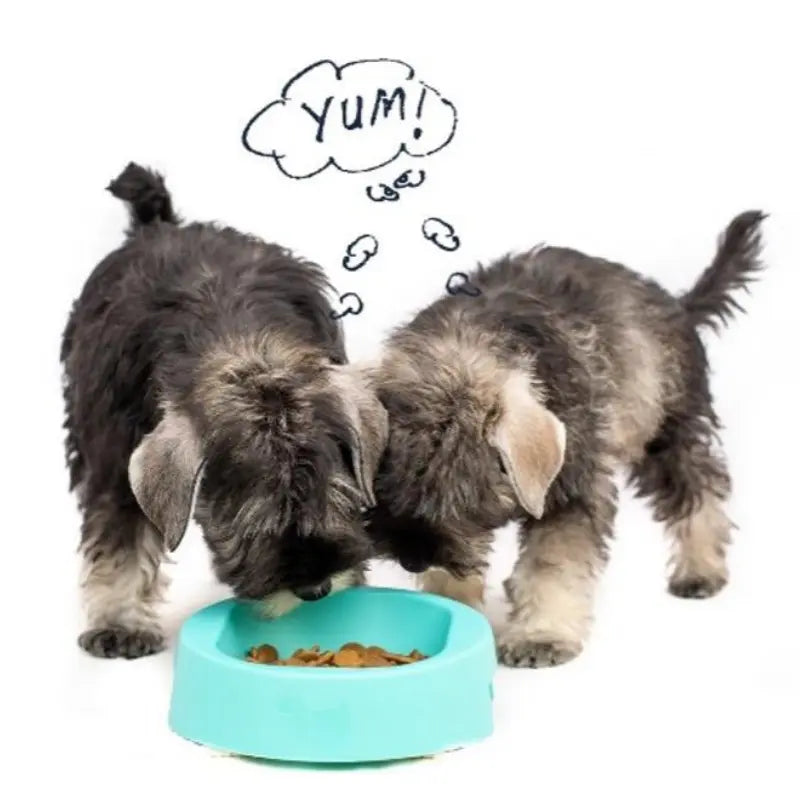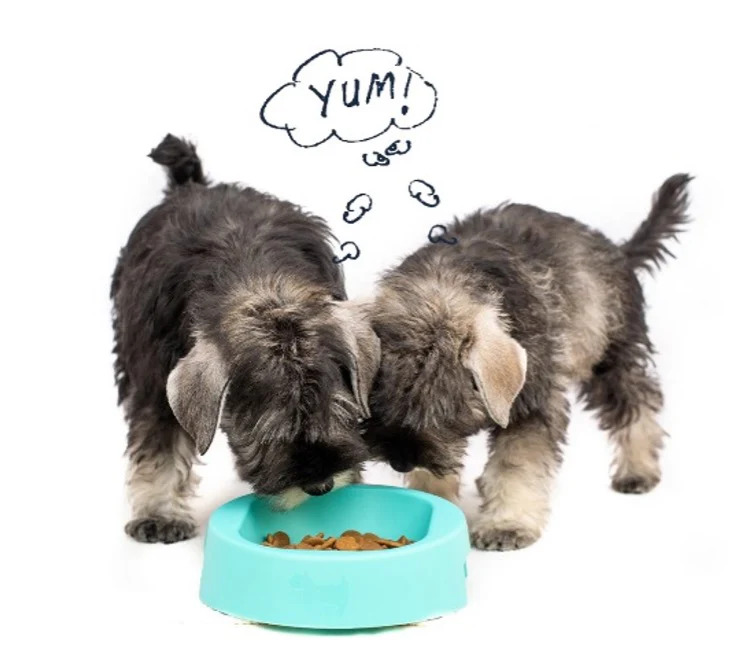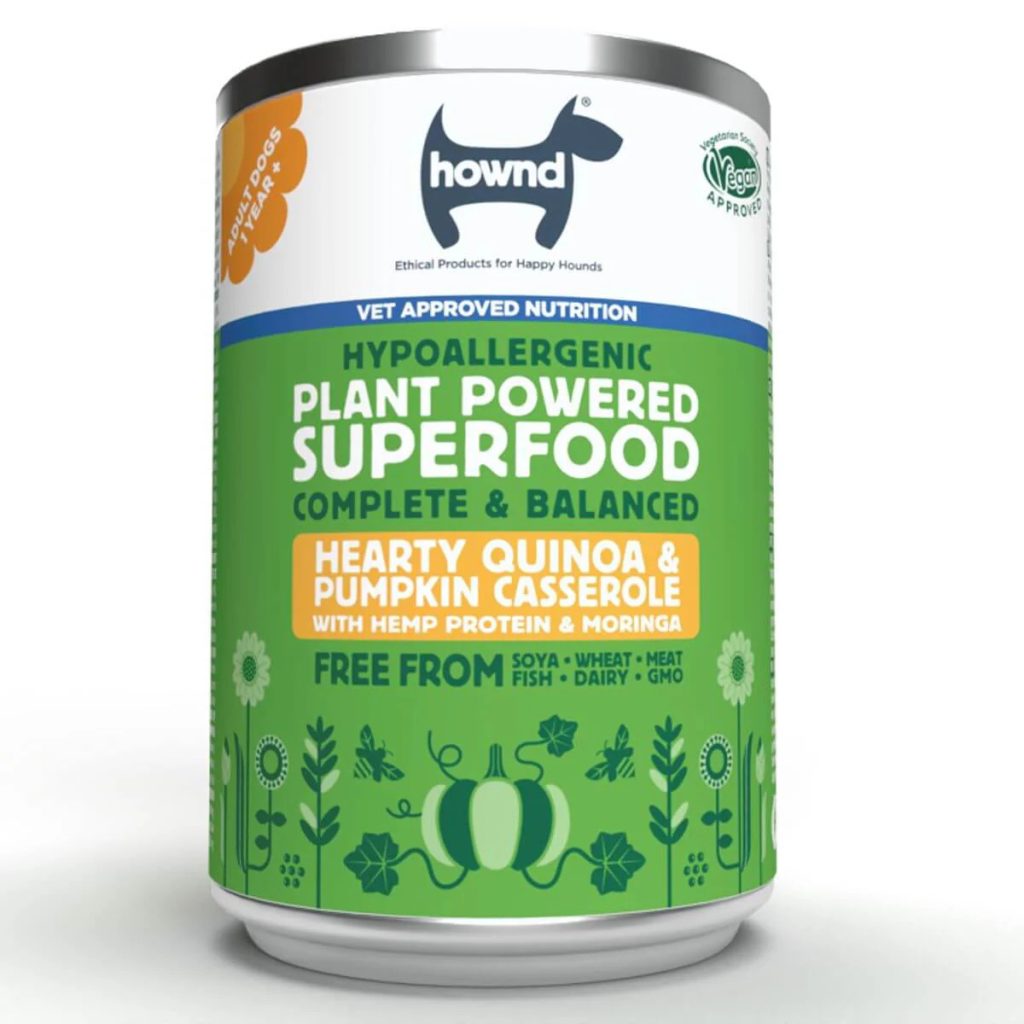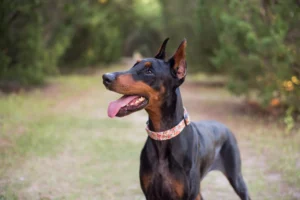
Vegan zoologist Jordi Casamitjana, known for having secured the legal protection of ethical vegans in the UK, answers the question of how ethical vegan dog food is.
What Does it Mean to Be Ethical?
These days, whether something is ethical or not matters a great deal. But what does it mean to be ethical?
Ethics is the branch of philosophy that discusses concepts of right and wrong in human behaviour. It defines a series of values that, when accepted in a culture or community, people can use to identify their actions as wrong or right.
Therefore, although morals may be somehow personal, ethics are social. People must agree about these ethical values, although they often change between cultures. However, in today’s increasingly global society, we are all seeking universal ethics that apply across cultures. And all cultures have the principle that unnecessarily harming innocent victims is wrong.
Ahimsa and non-violence

For millennia there has been a term for the ethical principle of “doing no harm” to others: Ahimsa, a Sanskrit word — which is sometimes translated as “non-violence” — that became an important tenet in many religions.
Behaving without harming others has been the most universal ethical value humanity has created, but through cultures and time, the meaning of “others” may have changed. In itself, the concept has no limits. We should not harm anybody or anything that can be harmed. Especially those beings that are capable to suffer when harmed because they have senses that can perceive painful stimuli and a nervous system that allows them to have negative experiences. We call these “sentient beings”, and all animals (including dogs, cows and humans) are sentient beings.
Vegan Dog Food

Veganism is not a modern millennials’ trend, but a millennial-old coherent philosophy based on the ancient concept of Ahimsa.
The Vegan Society was created in 1944, and defined veganism as “a philosophy and way of living which seeks to exclude
— as far as is possible and practicable
— all forms of exploitation of, and cruelty to, animals for food, clothing or any other purpose; and by extension, promotes the development and use of animal-free alternatives for the benefit of animals, humans and the environment.”
Vegans do not discriminate against any species of sentient beings. It doesn’t matter if they are big or small (like insects), more or less intelligent, or looking very different from us (such as fish). They all can suffer and behave trying to avoid pain. Therefore, for vegans, a cow is as important as a dog, and they would not harm one to feed the other. They would not harm a dog to feed a cat, and they would not harm a pig to feed a dog. That’s where vegan dog food comes in.
However, “dietary vegans” (or “plant-based” people) only apply veganism to their own diet, and not to their clothes, cosmetics, household products, or hobbies, as the rest of vegans do. To avoid confusion, the term “ethical vegan” is now being used to mean vegans who fully follow the official definition above.
The Journey Towards Veganism

Although all vegans try to avoid using animal products, because their circumstances vary, they may manifest their veganism in different ways. For some, it takes time to change all their habits, and they do it more gradually than others. Some start this journey by becoming vegetarians.
Jo Amit, the co-founder of HOWND who has been an animal protection activist since her teens, is a good example of someone who slowly transitioned towards veganism. She says:
“I was vegetarian for ethical reasons from the age of 12. Over the years, I discovered that I was favouring some animals, and insects in the case of bees, over others. I had become a speciesist by eating eggs and cheese, even occasionally. I was still contributing to the exploitation of animals. Now, I am proud to call myself and my family ethical vegans, and to have a brand truly dedicated to the welfare of animals.”
You don’t have to be vegan to aspire to be a better person. It’s always good to change your behaviour towards becoming more ethical.
Feeding Our Companions
At one point in this ethical journey, we all must look at the food we give to our companion animals and ask if it harms any living creature. Traditional meat-based dog food does. It definitively harms the cows, the pigs, the insects … and any animals killed to produce it (it’s a myth that meat in pet food is only a by-product of the meat industry).
Ethical animal lovers who do not want to harm others may be wondering if avoiding feeding traditional meat-based dog food to a dog under their care is wrong. They may think that feeding them something that sounds “natural” is more ethical than feeding them what they fear may be unnatural food. But what is “natural” for a dog?
Although they descend from one type of hunting wolves who lived about 30,000 years ago, dogs are no longer wolves and have evolved separately from them, not by changing “pray” but by abandoning predation. Dogs became the modern dogs we know by joining human colonies in Eurasia about 15,000 years ago and gradually changing their dietary adaptations from carnivores to omnivores. They needed to be able to digest properly all the food scraps leftovers they got from humans. Their new adaptation obtained by domestication was “to eat what their human companions eat”, so they needed to be able to digest plant-based food, as this is what humans ate more.
Is Vegan Dog Food Natural?
The idea of human ancestors being full carnivores is a debunked myth. Biologically, humans are frugivore primates (fruit eaters) with a strong adaptation to eat starchy food (roots and grains) but tolerating meat in times of scarcity (such as during the Ice age). Contrary to what people used to believe, research from Cordain et al. in 2000 showed that at least 65% of the diet of pre-agricultural Palaeolithic humans was plant-based. Therefore, dogs had to adapt to digest this new food from their new providers. Because of this shift towards plants, dogs can now digest carbohydrates easier than modern wolves can.
Feeding dogs animals that Eurasian wolves may never have encountered (such as raw meat from kangaroos or bison, and any pathogens it may contain) is not natural for dogs. Feeding them food that we would not eat (entrails or offal) is neither. Feeding them food from factory-farmed animals full of antibiotics, toxins and growth hormones is neither.
This is why some traditional meat-based dog food causes so many health problems to modern dogs. On the other hand, nutritionally balanced plant-based dog food with the right natural ingredients processed to maximise their right absorption and palatability, not only may be healthier but also more natural for a dog.
And considering that animal agriculture is one of the main causes of the current global climate change crises, feeding our companion animal pet food made with ingredients from such agriculture is neither natural nor healthy for the environment either.
Vegan Dog Food Is the Best Ethical Choice

If we want to be ethical, if we want to do the “right” thing for our society and the world, we will have to move towards fully embracing Ahimsa. We can do that by following the well-established growing philosophy of veganism to the full and have a well-balanced plant-based diet that avoids all animal products.
However, our companion animals need us to provide them food too but we must do that without harming other sentient beings in the process (such as cows, pigs, kangaroos or bison).
In the case of dogs, we definitively know now how to do that. We already have fully nutritious plant-based dog food that scientists have proven is perfectly healthy for them. And they very much enjoy, as a recent study from Dr Andrew Knight and Dr Liam Satchell of over 4,000 dogs proved they are just as happy eating a plant-based diet as a meat-based one.
And now we also have vegan dog food made by vegan companies with vegan values, not just plant-based options from pet food companies that still rely, unethically, on animal suffering for their profits.
Sharing Compassion with Our Best Friends
If we want to be ethical, if we don’t want to harm dogs, cows, pigs, or the environment, nutritionally balanced vegan dog food is the ethical choice to feed our companion canines with.
When those wolves joined humans to become dogs, they gradually changed their diet according to what the humans ate. And those dogs continue to evolve to follow us, until today. And so will them continue in the future, with whatever improvements we make in our diets.
Dogs, being who they are, like to be with us sharing our lives. Sharing our walks; sharing our sofas; sharing our food. Pet food science has advanced enough to ensure we can continue doing this without harming them or the environment. Or without having to abandon our ethics. We now can share such ethics with them too. We can all build together, humans and dogs, a future where nobody is harmed, and everyone enjoys life.
That’s the ethical thing to do.
Jordi Casamitjana for HOWND
After Jo Amit, co-founder of HOWND, read Jordi Casamitjana’s book “Ethical Vegan: A personal and political journey to change the world”, she knew he was the right person to write this blog for HOWND to help people on their ethical journey and make the right decisions for their dogs too.







